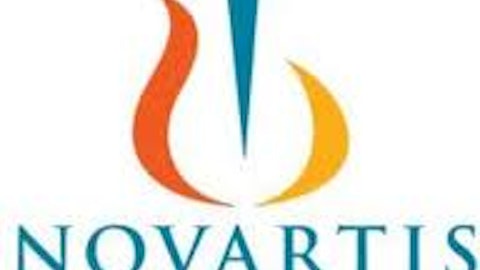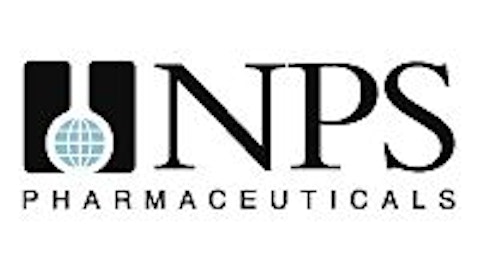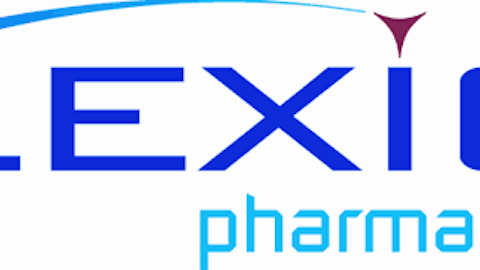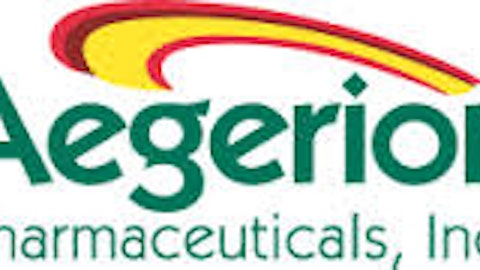“Making every patient count” is a catchy phrase that is perhaps most meaningful for biotech companies like NPS Pharmaceuticals, Inc. (NASDAQ:NPSP) who are in the business of developing orphan drugs. The simple reason – they cannot afford to lose a single patient just because there aren’t too many of them. Their whole business is centered around producing drugs for rare diseases that bigger pharma often does not address, and in this way they perform an important role in the industry.
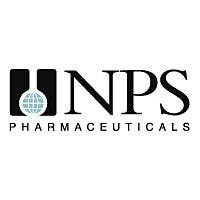
Orphan drug
An orphan drug needs to pass through the same regulatory process as any other drug candidate seeking approval from the FDA. However, certain statistical burdens are lessened because of the rarity of the disease for the simple reason that there may not be adequate number of patients available and it may not be possible to test as many in Phase III clinical trials as stipulated by FDA rules for non-orphan drugs. The Orphan Drug Act of 1983 was meant to encourage biotech companies to develop drugs for rare diseases for the reason that the limited scope makes it an unprofitable venture. Under the law, a company developing a drug for which there are less than 200,000 patients in the U.S. gets a tax incentive, enhanced patent protection and financial subsidy on clinical research.
One would think that with all these encouragements/subsidies, it would be cheaper to treat a rare disease. Let us see and be prepared for a surprise!
NPS Pharmaceuticals, Inc. (NASDAQ:NPSP)
I have selected NPS Pharmaceuticals, Inc. (NASDAQ:NPSP) as a test case because it is a clinical stage biopharmaceutical company that has recently launched an orphan drug. The company focuses on rare gastrointestinal and endocrinal disorders that have unmet medical needs. It has recently made a public offering of 6 million shares at $14.53 a share to raise $87.2 million.
Gattex (teduglutide [rDNA origin]), for adult parenteral dependent short bowel syndrome (SBS), approved in December 2012, is the company’s first FDA approved drug. In Europe the drug was approved in September 2012 and marketed as Revestive. The company’s other major candidate, Natpara (recombinant human parathyroid hormone), for hypoparathyroidism is in late stage (Phase III) clinical testing.
Teduglutide is also being tested for Crohn’s Disease (Phase II) and pediatric SBS (preclinical stage). The company has two more candidates in preclinical stage.
Short bowel syndrome is a rare condition in which a person is either born missing a large part of intestines or has had them removed surgically, which makes it difficult for the body to properly absorb nutrients (malabsorption). It is classified as a rare disease as there are less than 5,000 SBS patients in the U.S.
This is where the “every patient counts” byword comes into play. However, orphan drug companies usually make their money with pricing strategies, which are again subsidized for patients through federal assistance for rare disease patients.
